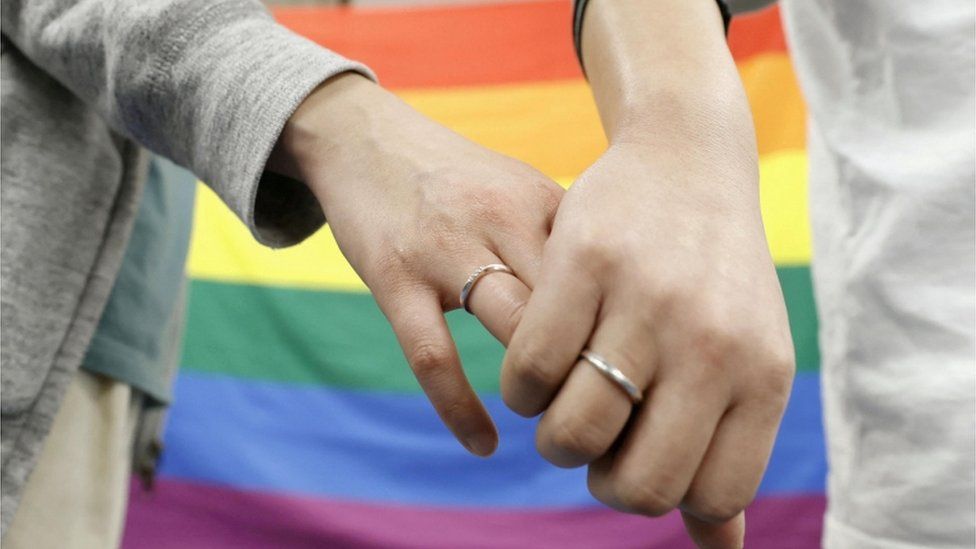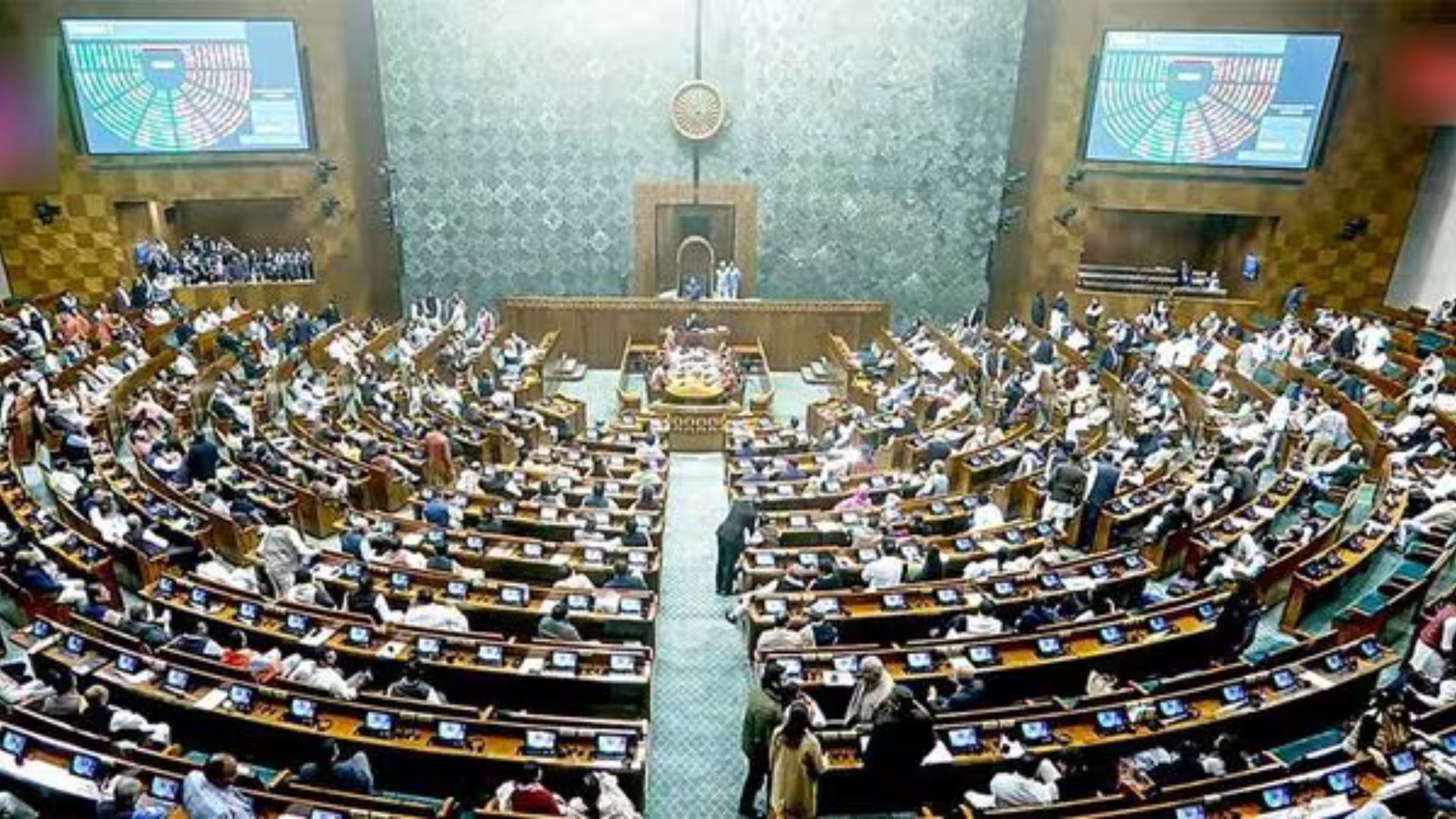
A court ruled on Wednesday that Japan’s ban on same-sex marriage was constitutional, dealing the only G7 country—and a blow to LGBTQ rights—with the second such decision.
The Tokyo district court decision also stated that the inability of same-sex couples to establish families is a violation of their human rights, which the plaintiffs regarded as a sign of optimism.
Marriage in Japan is defined by the constitution as requiring “the mutual consent of both sexes,” and the government of Prime Minister Fumio Kishida has not yet announced any plans to look into the issue or put out legislation.
The court came to the identical judgement as a court in Osaka in June: that forbidding same-sex marriage was consistent with the constitution. Hopes were boosted when a judge in Sapporo, northern Japan, declared the restriction to be unconstitutional last year.
Four couples made up of eight individuals each claimed that the same-sex marriage prohibition violates their human rights. They had also asked for 1 million yen in damages from each other, which the court refused.
The decision was made a day after Singapore abolished its ban on gay sex but reduced the chances of same-sex marriage being legal in the United States and the Senate of Singapore enacted a law protecting same-sex marriage.















